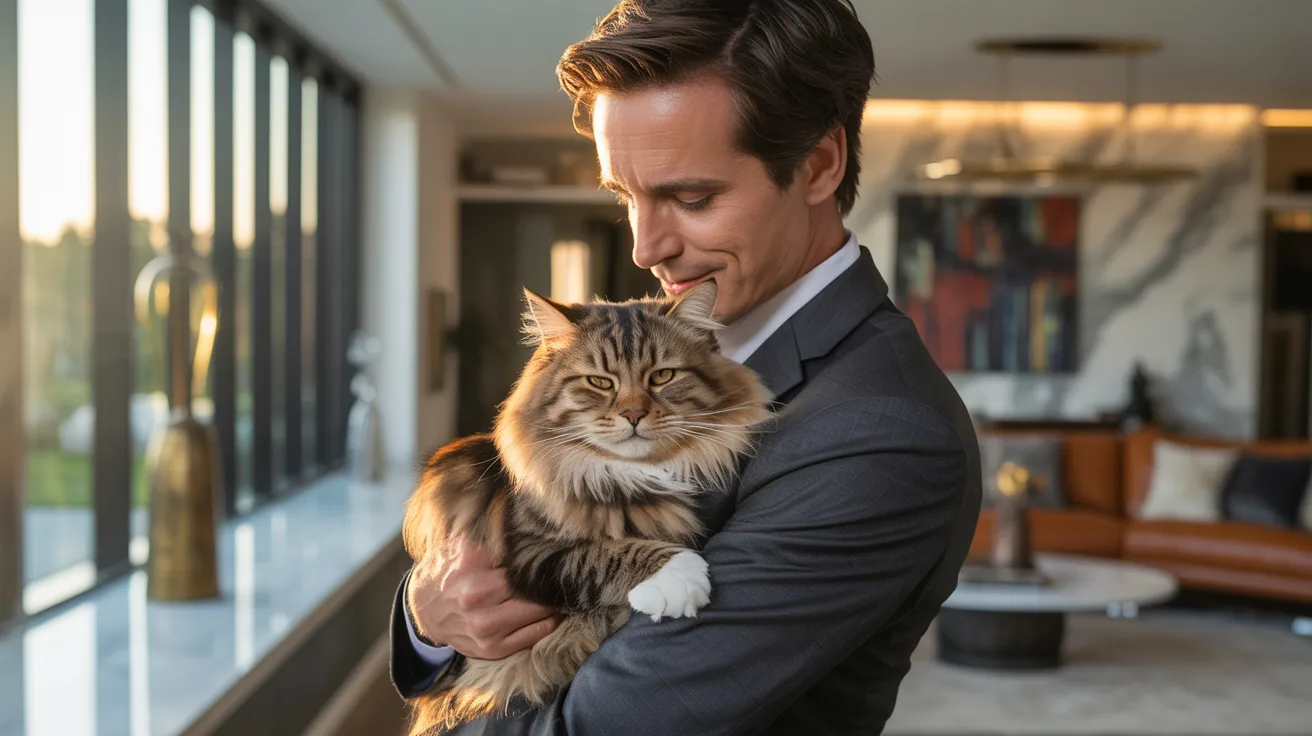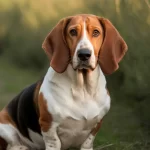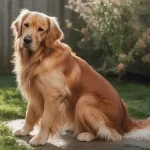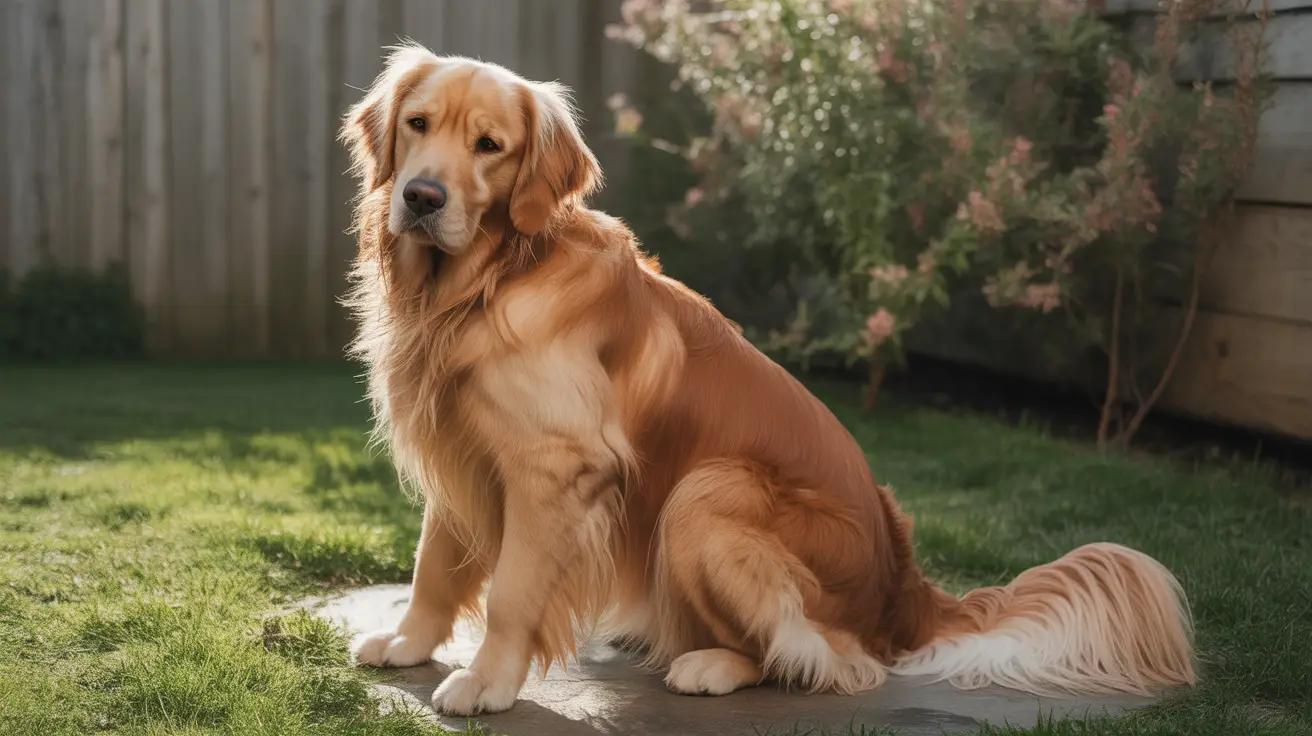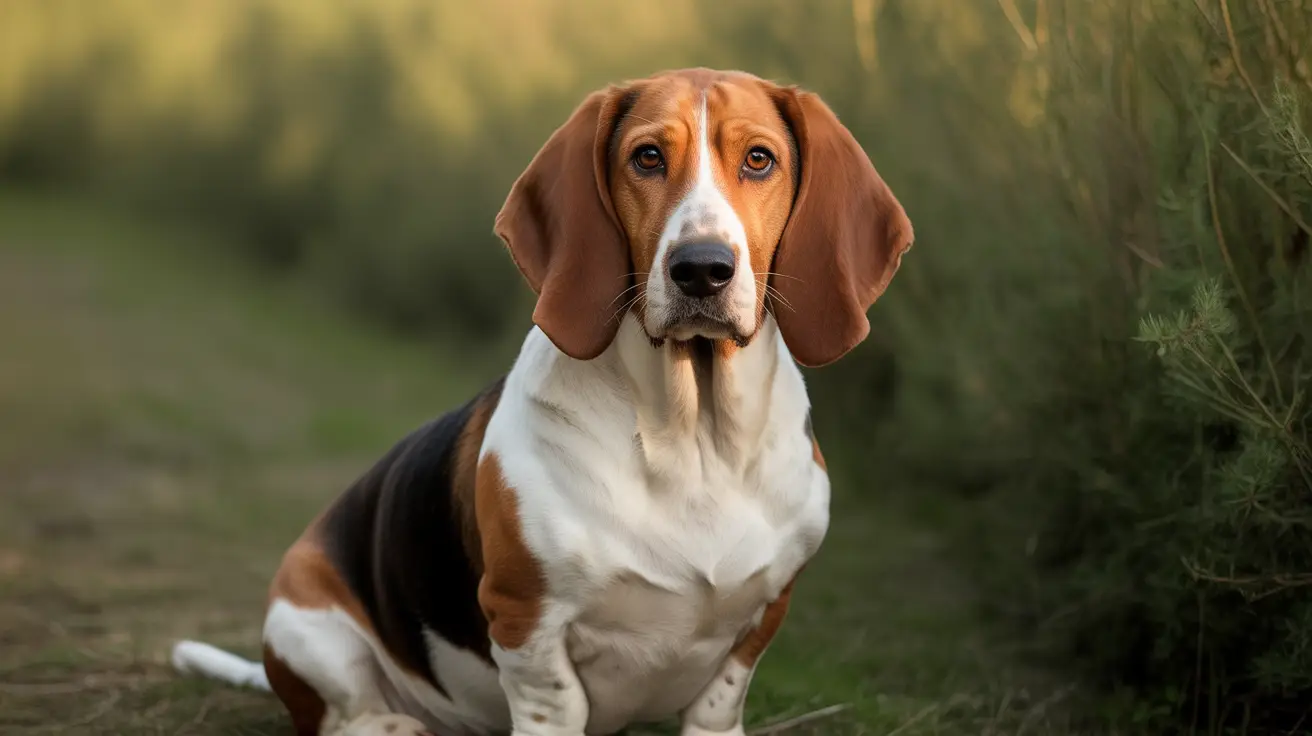If you’ve ever been captivated by the elegance of a fluffy, long-coated cat lounging in the sun, chances are you’ve met a Domestic Long Hair Cat. Known for their silky coats, affectionate nature, and striking variety of colors, these cats aren’t a distinct breed but rather a beautiful blend of many. Yet, their charm and resilience make them one of the most beloved cats among pet owners.
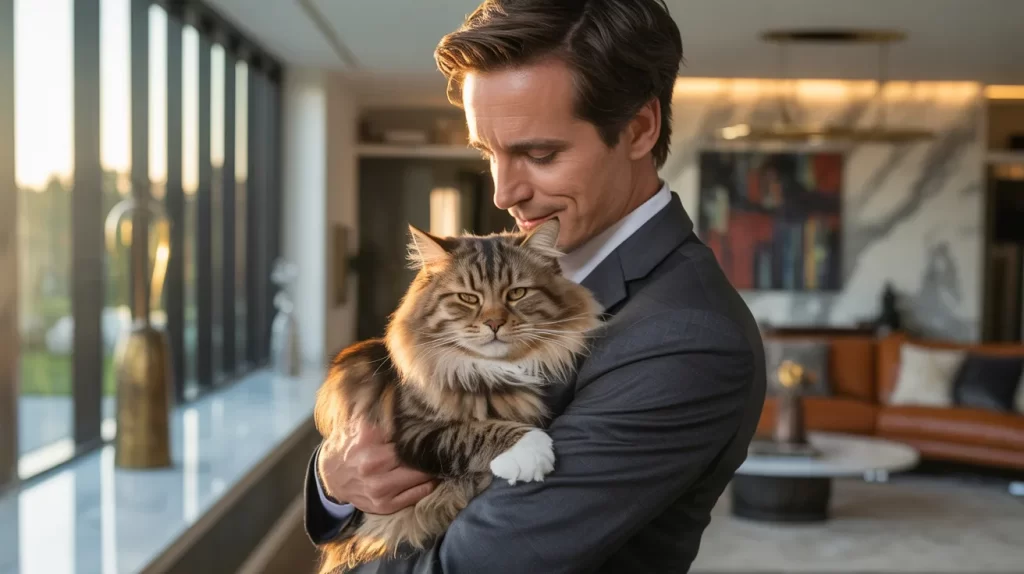
Content
What Is a Domestic Long Hair Cat?
A Domestic Long Hair Cat (often shortened to DLH) isn’t an official breed like a Maine Coon or Persian — instead, it’s a term used for mixed-breed cats with long, luxurious coats. Their lineage is diverse, which explains the wide range of colors, coat patterns, and personalities you’ll find in them.
While they may not carry pedigree papers, they certainly carry presence. Many pet owners describe them as having “the best of all worlds” — combining beauty, independence, and a touch of mystery.
Grooming and Coat Care
One of the most important aspects of caring for a long-haired domestic cat is maintaining their beautiful coat. Their thick fur tends to mat and tangle if left unattended. Regular grooming keeps their coat healthy, reduces shedding, and strengthens your bond with them.
Grooming Tips for Domestic Long Hair Cats:
- Brush them at least 3–4 times a week to prevent knots and mats.
- Use a slicker brush or wide-tooth comb, which is often the best brush for Domestic Long Hair Cats.
- Pay extra attention to the belly and behind the ears — areas prone to tangling.
- During shedding seasons (spring and fall), daily brushing helps control loose hair and prevent hairballs.
Bathing isn’t always necessary unless your cat gets particularly dirty. Instead, focus on gentle brushing and maintaining a balanced diet that supports coat health.
Domestic Long Hair Cat Personality
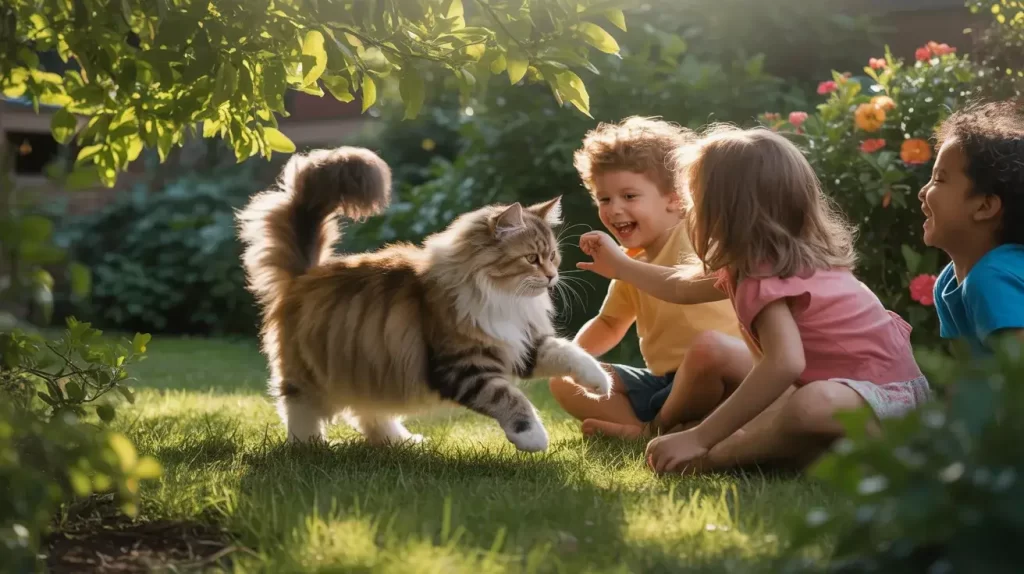
When it comes to personality, Domestic Long Hair Cats are as diverse as their appearances. Because they come from mixed ancestry, no two are exactly alike — but most owners agree they are intelligent, gentle, and often quite affectionate.
Some DLHs enjoy curling up beside you during quiet evenings, while others love playful chases around the house. They’re also great companions for families with kids or other pets because they adapt easily to various environments.
From my experience fostering cats, one particular DLH named Milo stood out. Milo was rescued from a shelter — shy at first, but within weeks, he became the most social cat in the house. His affectionate nature and calm temperament made him a favorite among visitors, showing how adaptable and loving Domestic Long Hairs can be with a little patience and care.
Read Also: White Fluffy Dogs
Health and Lifespan
Generally, Domestic Long Hair Cats are hardy and resilient — a benefit of their mixed genetics. With proper care, they enjoy a long, healthy life, averaging 12–18 years.
Common Health Issues in Domestic Long Hair Cats:
- Hairballs and digestive issues due to excess grooming
- Fleas or skin irritations hidden under their dense fur
- Dental problems (as in most cats)
- Obesity from lack of activity
Regular vet check-ups, proper diet, and playtime can prevent most of these issues. Indoor living also keeps them safe from outdoor dangers and extends their lifespan.
Domestic Long Hair Cat Care Tips
Owning a Domestic Long Hair Cat means committing to consistent grooming and lots of love. They thrive in stable environments where they receive attention and care.
How to Care for a Domestic Long Hair Cat:
- Feed a high-protein, balanced diet to maintain coat shine.
- Provide scratching posts and toys to prevent boredom.
- Keep litter boxes clean — their long fur can easily trap dirt.
- Schedule regular vet visits for early health detection.
Remember, long-haired cats are prone to heat discomfort, so make sure your home remains cool during summer months.
Domestic Long Hair Cat vs. Domestic Short Hair Cat
While both belong to the same “domestic” category, the main difference lies in their coat and maintenance needs. Domestic Short Hair Cats require less grooming, while Domestic Long Hair Cats need frequent brushing.
However, the extra effort pays off — their flowing fur and regal look make them a showstopper in any home. Many owners describe grooming sessions as therapeutic bonding moments with their cats.
Real-Life Case Study: The Rescue of “Luna”
Let’s take a real example that reflects the charm of this breed type. Luna, a grey Domestic Long Hair Cat, was rescued from a roadside colony in California. At first, her fur was matted and dull, and she was hesitant to trust humans.
With patience, daily brushing, and a nutritious diet, Luna’s coat turned glossy, and her confidence returned. Within months, she was not only thriving but also showing her gentle, nurturing side toward kittens in the foster home. Luna’s story shows how proper care and grooming can completely transform a Domestic Long Hair Cat, both physically and emotionally.
Domestic Long Hair Cat Colors and Variations
One of the most fascinating things about these cats is their variety. You’ll find Domestic Long Hair Cats in black, white, orange, grey, and tabby patterns — sometimes even a mix of several colors. Their eye colors range from amber and green to blue, adding to their striking looks.
This diversity makes every DLH unique — no two look the same, which adds to their charm for cat lovers who want a truly one-of-a-kind companion.
Domestic Long Hair Cat Cost and Adoption
If you’re considering adding one to your family, adoption is often the best route. Shelters are filled with long-haired cats in need of homes. The Domestic Long Hair Cat cost varies — adoption fees typically range from $50–$150, depending on the shelter and health status.
By adopting, you not only gain a loving pet but also give a second chance to a cat that may have been overlooked for its maintenance needs.
Final Thoughts
The Domestic Long Hair Cat is proof that you don’t need a pedigree to have a truly special pet. With their soft coats, kind personalities, and playful energy, they easily become the heart of the home.
Whether you adopt one or already share your life with a DLH, regular grooming, good nutrition, and love will keep your feline friend healthy and happy for years to come.
If you love energetic pets, you might also enjoy learning about the German Shorthaired Pointer — a loyal and athletic breed full of adventure.
FAQs
What breed is a Domestic Longhair cat?
A Domestic Longhair cat isn’t a specific breed — it’s a mixed-breed cat with a long, soft coat and varied ancestry.
Is a Domestic Longhair a Maine Coon?
No, a Domestic Longhair isn’t a Maine Coon; it’s a mixed-breed cat that may share similar long fur but not purebred traits.
Are Domestic Longhair cats friendly?
Yes, most Domestic Longhair cats are friendly, affectionate, and adaptable companions that enjoy human interaction.
Are Domestic Longhair cats rare?
No, Domestic Longhair cats are quite common and found worldwide in many colors, patterns, and coat types.

Join Felipe Clark on a heartwarming journey through the world of pet adoption. He’s a true advocate for shelter animals, sharing stories that tug at the heartstrings and inspire adoption.

